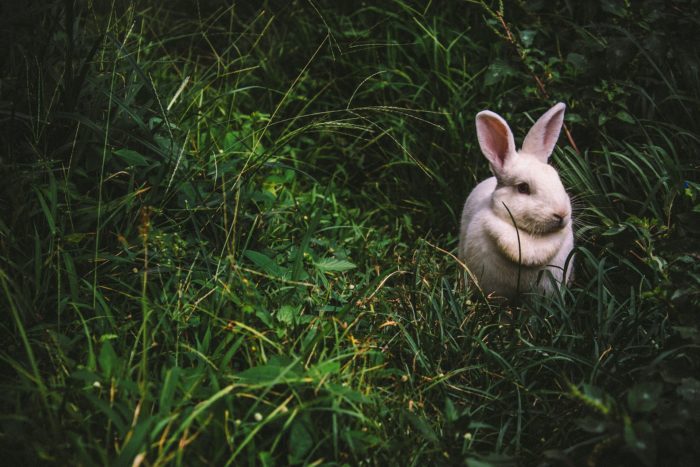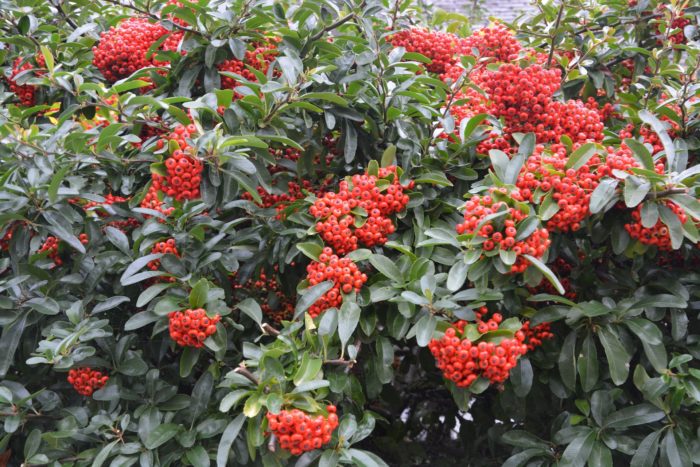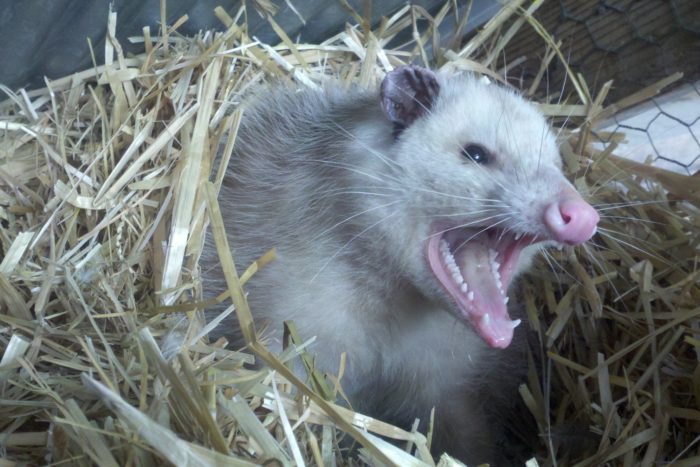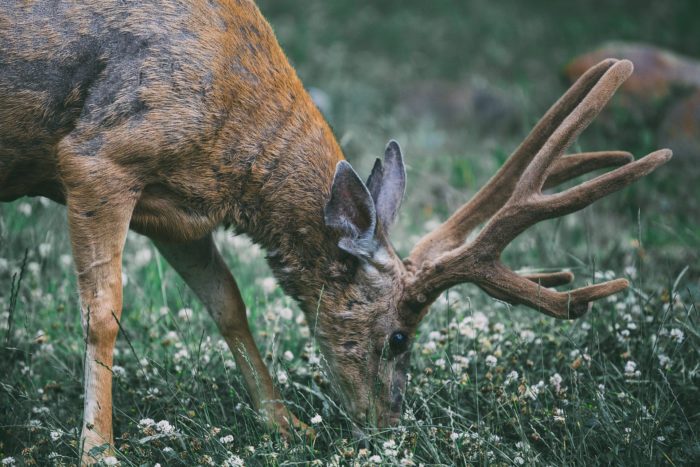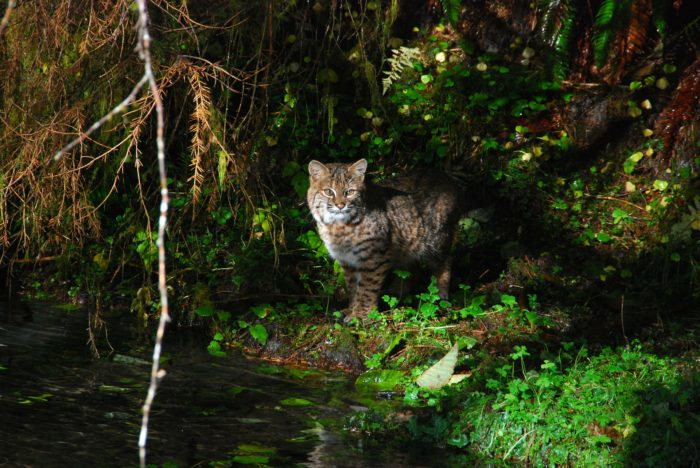Fun fact! Did you know that when a possum “plays dead,” she’s actually fainting as a result of a panic attack? Many people think possums play dead on purpose, but as zoologists have proven, it simply isn’t true. When an opossum gets spooked, she goes into shock and passes out. During this time, her body grows limp. Her tongue rolls out of her mouth with some drool, and as a finishing touch, she emits a stinky smell that tricks her predators into thinking she’s dead. It’s an involuntary response, but it serves as the opossum’s number one defense mechanism. It’s natural, and though it’s unpleasant, it’s necessary for the opossum’s survival.
As a person with anxiety, I take great comfort in knowing that fear is something that occurs naturally in the wild. When I was younger, I had severe panic attacks, most of which caused me to faint. By the time my doctor diagnosed me with panic disorder, I had lost all hope in ever feeling normal again. My perspective changed, though, when I picked up a children’s magazine and read an article about opossums. I couldn’t believe my eyes when I read that, just like me, opossums are prone to panic. Suddenly, I had a new outlook on my illness. I realized that fear is a natural response to perceived danger, and because of that, it’s nothing to be ashamed of.
Unfortunately, many children who suffer from anxiety disorders like mine are unaware of this phenomenon. Stigmas surrounding the topic lead them to believe that they are flawed. To combat this disturbing misconception, I have written a picture book about opossums that is designed to help children with anxiety understand how biological reactions to perceived danger are natural, and that fear is oftentimes a good thing.
Below is an aesthetic I put together for my upcoming book, ALANA OPOSSUM. My hope is that my story will help kids with anxiety know in their hearts that they, too, are awesome possums!
![]()


